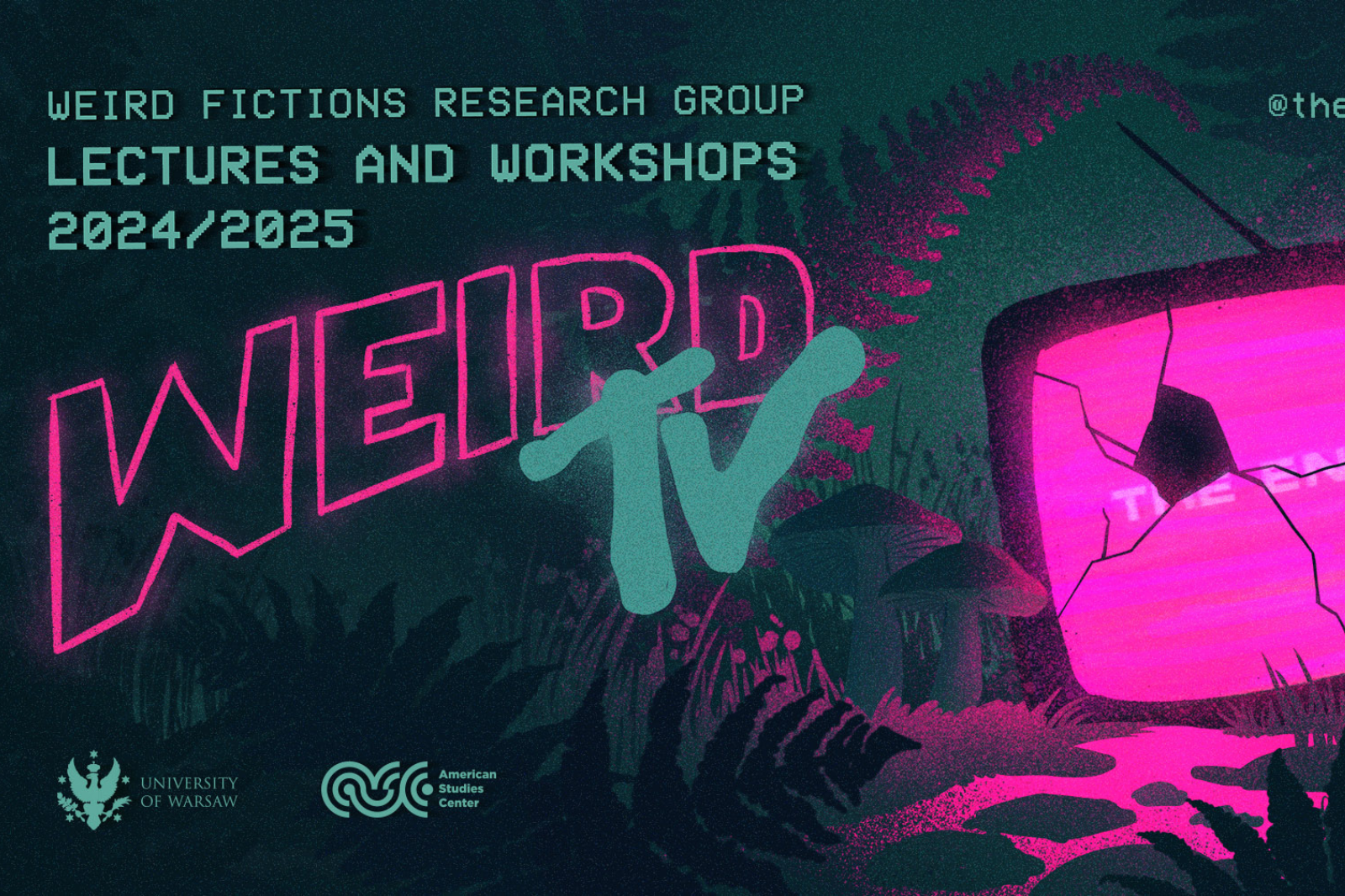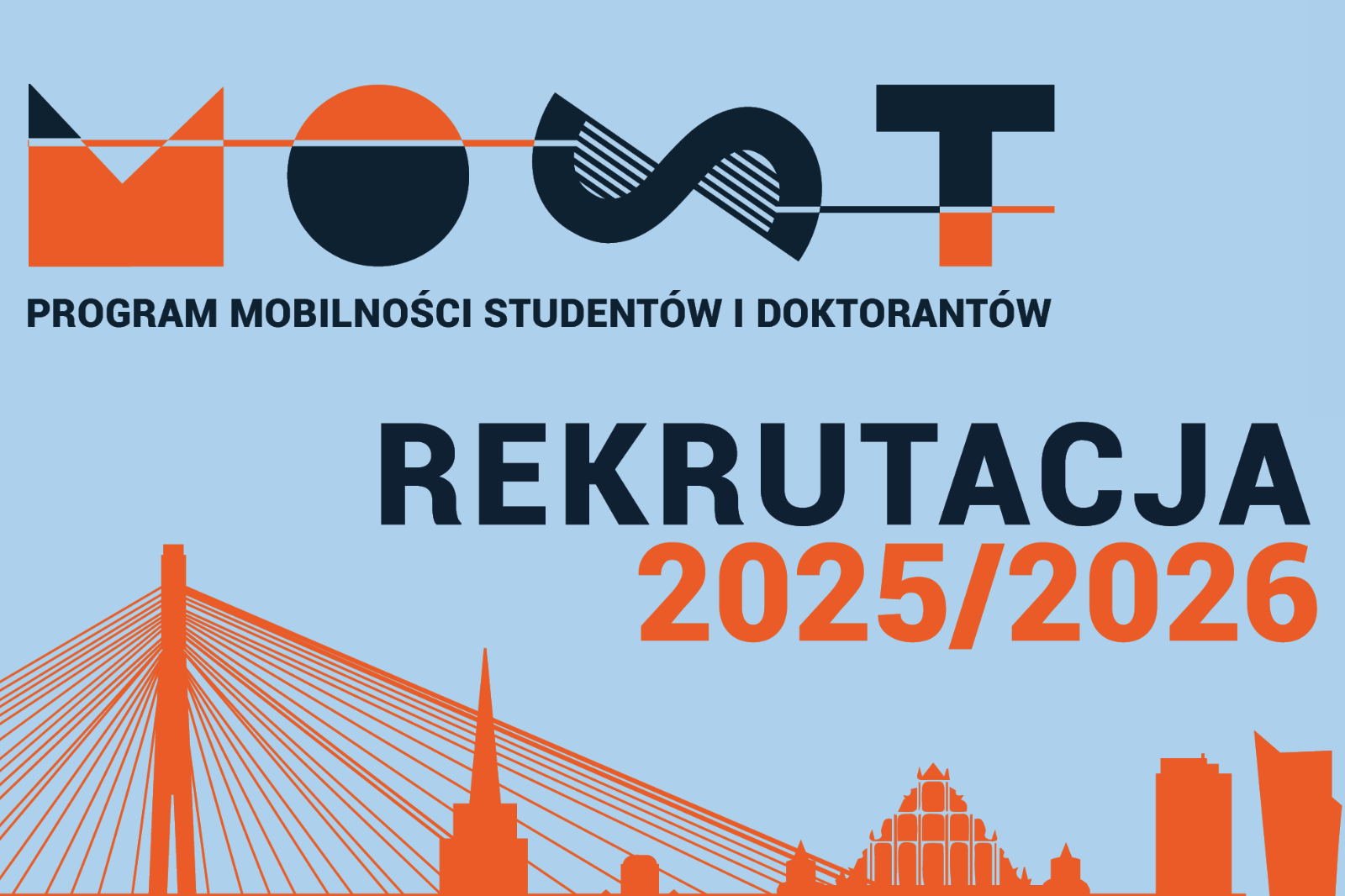Together with the Solidarity with Refugees Day, the American Studies Center UW and Queer UW invite you to a movie screening of an award-winning documentary “Salam Neighbor” and a short presentation by Natalia Gebert from Dom Otwarty.
Thursday, October 18, 2018
at 4:00 p.m
Where?
American Studies Center, room 317,
al. Niepodległości 22, Warsaw.
What?
As the producers describe their work, “‘Salam Neighbor’ is an award-winning feature documentary and campaign to connect the world to refugees. Our goal is to tell the stories of our refugee neighbors with the dignity they deserve and the depth the world needs. We hope you’ll join this effort by watching the film, sharing these stories and getting involved.”
Who?
Natalia Gebert is a graduate of Oriental and Cultural Studies and works as a translator. She co-founded a Warsaw-based grassroots initiative Dom Otwarty (The Open House). For her pro-refugee work she received the award of the Capital City of Warsaw. Her work entails daily contact with refugees and asylum-seekers. In her opinion, migration is a constant element in human history and is always followed by changes that some local populations find hard to accept. She maintains that while resistance against such a change is possible, it has a very measurable price in human lives. In her definition, multicultualism is such a model of co-existence for people with different ethnic and cultural backgrounds in which every culture contributes something new to the community and in which conflicts in the community can be resolved by dialogue. She believes that contact with other cultures cured her of Europocentrism and taught her that when it comes to viewpoints “different” does not mean “worse”.



